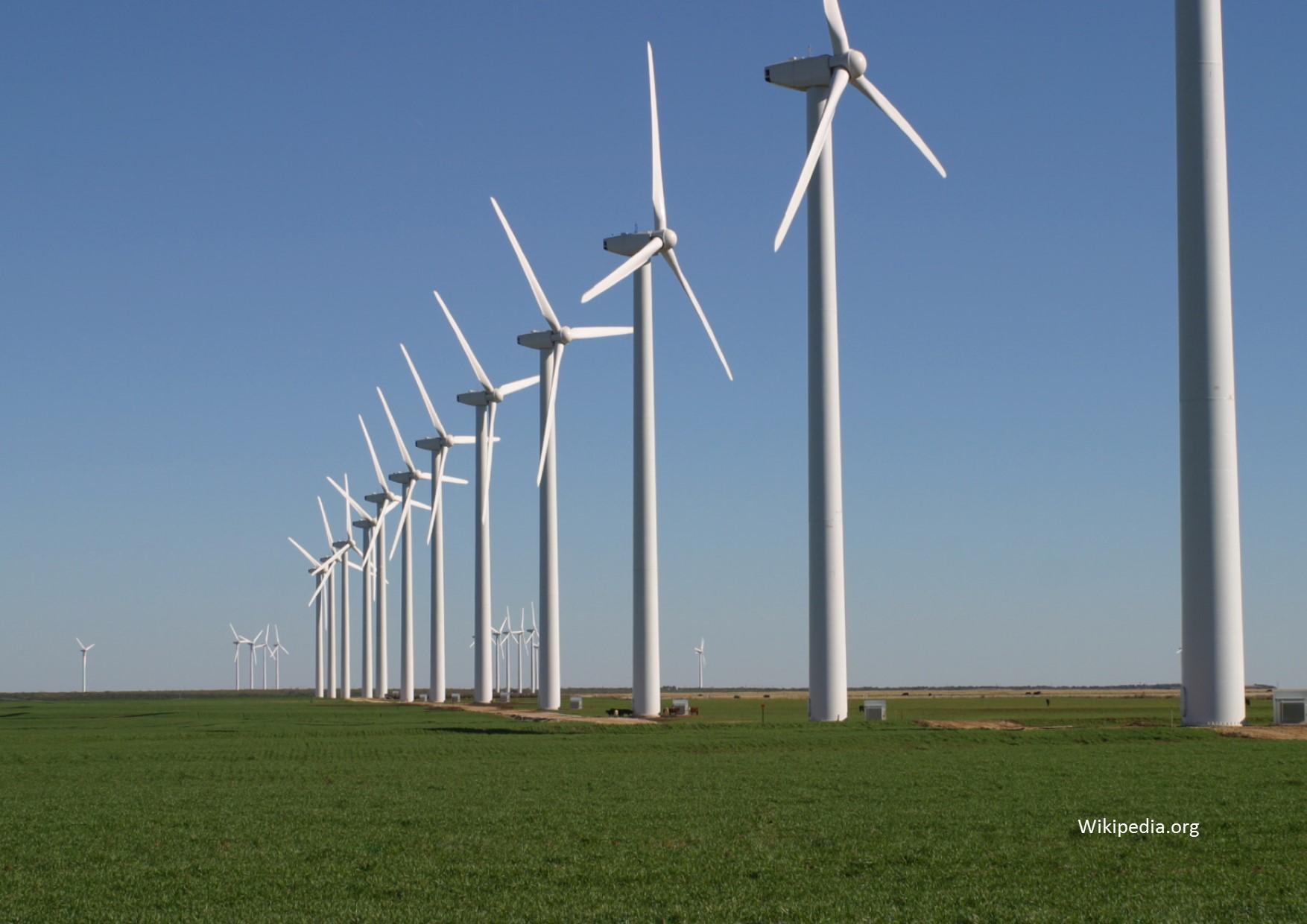George Osborne’s recent decision to force renewable energy generators to pay the climate change levy has been a strong blow to wind and solar power investment funds.
Last week shares in Drax Group, who operate Britain’s largest power station are are leading the way in using sustainable biomass as a form of renewable power, fell 25% after the announcement. Previously, renewable energy generators had levy exemption certificates, meaning they did not have to pay the climate change levy. Introduced in 2001, the tax on energy delivered to non-domestic users was an incentive to increase energy efficiency and reduce carbon emissions. Renewables have never had to pay this tax; however, after last week’s Budget, they are no longer exempt. It is calculated this will raise around £450 million for the government.
Unsurprisingly, funds investing in renewable energy have also been hit by this change. The £353 million Renewables Infrastructure Group, which invests in both wind and solar plants, is the worst affected, revealing its net asset value per share would fall 4p to 97.9p. Similarly, the £287m Foresight Solar Fund, revealed a 3% reduction in NAV but maintained its dividend target of 6.08p per share for this year, which supports a 5.9% yield.
However, the £662m GCP Infrastructure Investments fund, which invests in the subordinated bonds of renewable operators rather than their equity, reassured investors that its projects’ were ‘wholly unaffected’ by the government’s move.
The abolition of the exemption shows the risks associated with investing in a relatively new and turbulent sector; however, the industry is supported by the fact that the UK still has a long way to go in tackling climate change before it meets its 2020 climate change targets.




